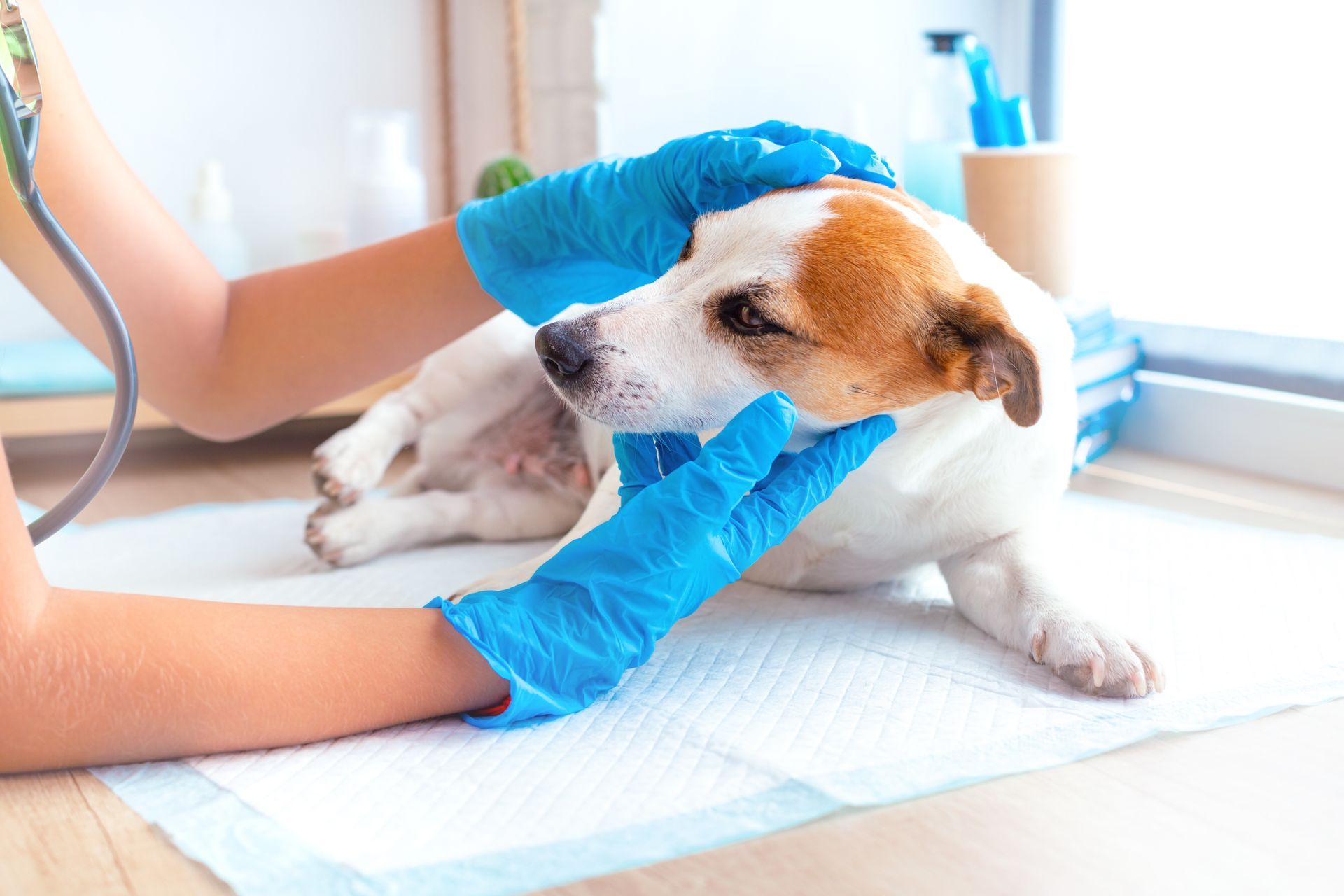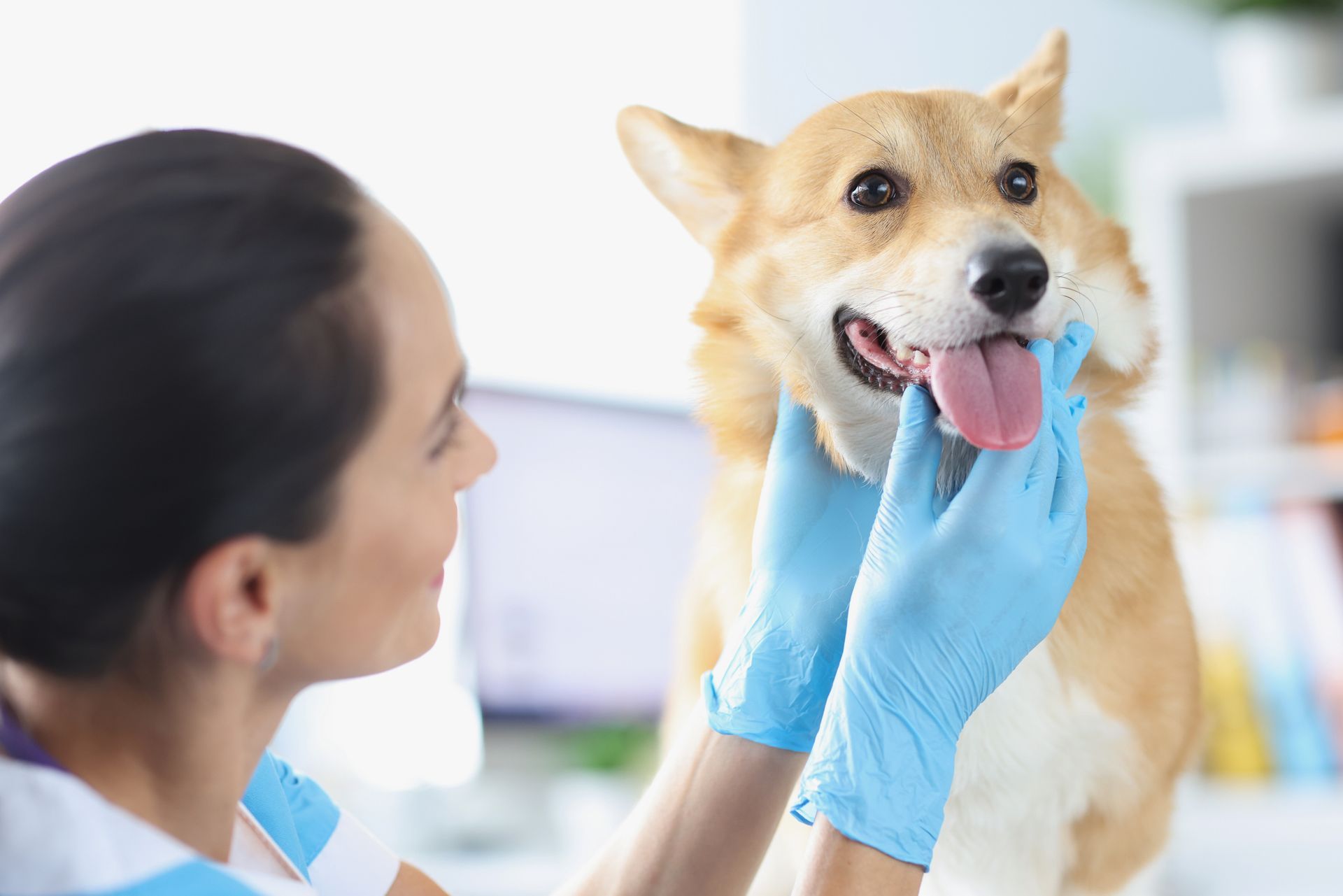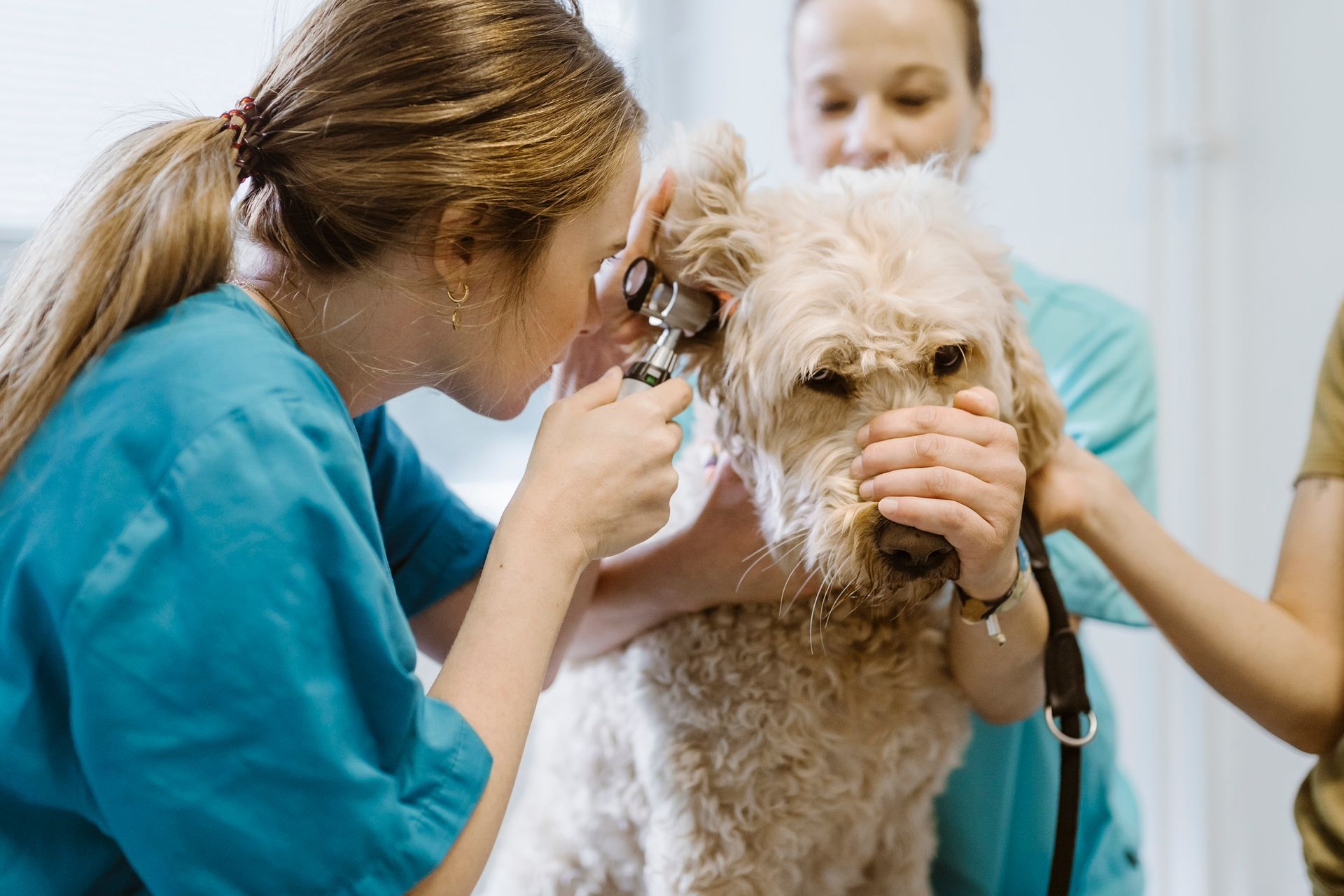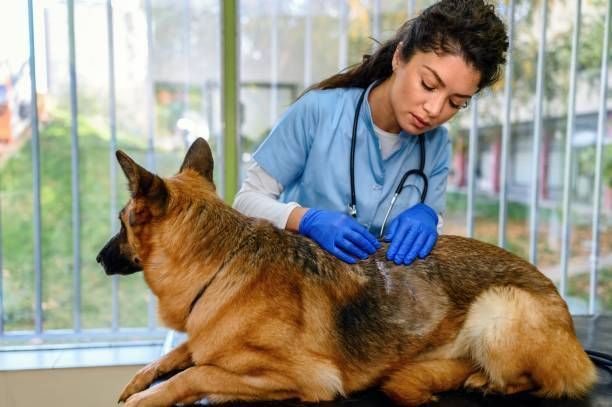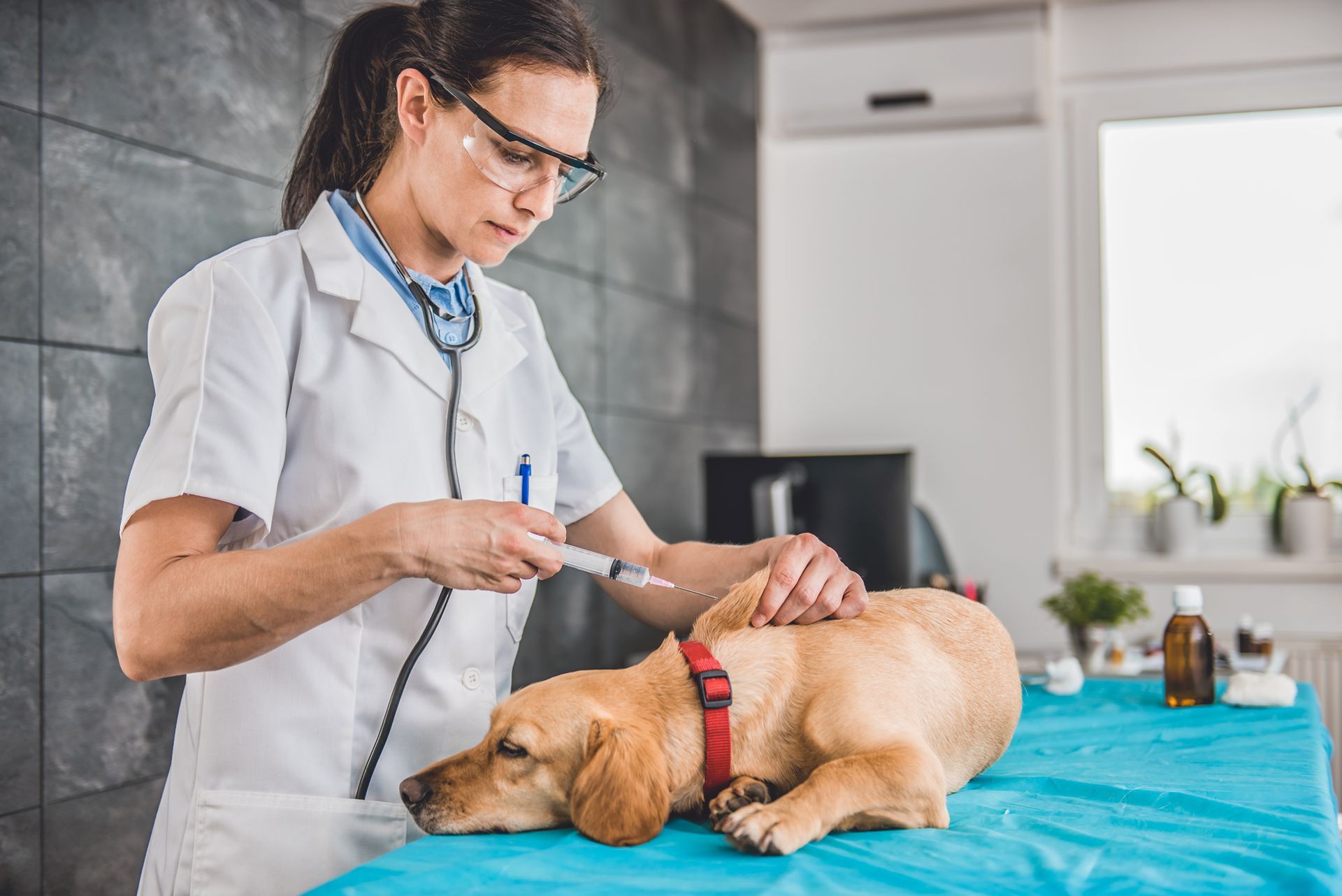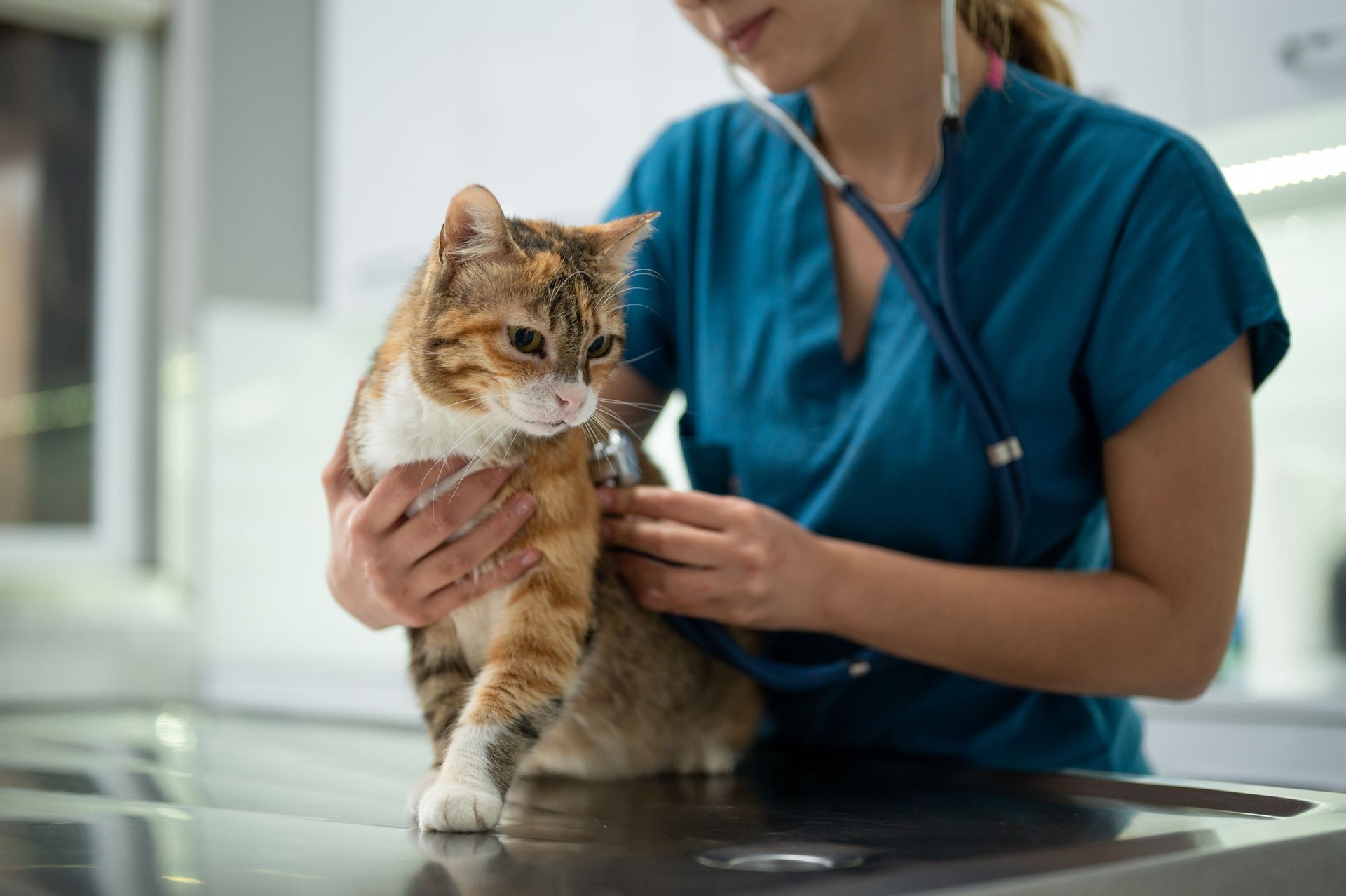Canine Distemper: Important Points for Dog Owners

Even if you've heard people speak of distemper in animals all your life, you may still have little idea what the term means, and understandably so. This rather vague-sounding name refers to a specific virus that can wreak havoc on your dog's health or even prove fatal if it goes untreated.
Thankfully, the more you know about canine distemper, the more effectively you can help your pet recover from this dreaded virus or even avoid contracting the virus in the first place. Take this opportunity to learn some important points about canine distemper's causes, symptoms, treatment, and prevention.
Why Dogs Get Canine Distemper
Although both dogs and cats can come down with distemper, each of these conditions actually stems from a different germ. Feline distemper occurs due to infection with the panleukopenia virus, while canine distemper occurs when dogs (and certain other mammals) become infected with the canine distemper virus (CDV).
The canine distemper virus spreads easily. Your dog can get the virus by sharing food or water with an infected animal. Even simple interactions with other dogs at a grooming salon, boarding kennel, or public park can transmit the virus. The placentas of mother dogs can also pass canine distemper to puppies at birth.
What Canine Distemper Does to Dogs
CDV can damage your dog's health in numerous ways. This relative of the human measles virus first makes its home in the dog's tonsils and lymph nodes before moving on the gastrointestinal tract and central nervous system.
When symptoms first appear (usually within six to nine days after exposure), they may include a runny nose, eye redness and discharge, fever, loss of energy and appetite, coughing, vomiting, and diarrhea. Your dog may also suffer from seizures, paralysis, and behavioral changes as the virus settles into the nervous system.
Some dogs with distemper can develop an uncomfortable issue called hard pad disease. This thickening of the skin affects both the paw pads and the nose.
How Veterinarians Treat Canine Distemper
If your dog shows symptoms of the disease, bring it in for veterinary evaluation and care right away. Your veterinarian may need to run laboratory tests to confirm the diagnosis, as many other common infections and ailments can produce many of the same trouble signs. Neurological symptoms may merit a brain scan.
Unfortunately, veterinary science has yet to find a cure for canine distemper. Instead, treatment for canine distemper centers on controlling and easing the symptoms and their potential complications (such as dehydration from diarrhea and malnutrition from loss of appetite). Antibiotics can battle any secondary infections that may occur.
A dog suffering from canine distemper can often recover from the disease with the aid of these supportive treatments, although the entire recovery process may take up to two months. During this time, isolate your dog from any young puppies or unvaccinated dogs in your household to prevent further spread of the virus.
How to Protect Your Dog Against Canine Distemper
In contrast to the many difficulties of treating canine distemper, prevention of this disease consists of just one easy step: vaccination. Veterinarians commonly vaccinate dogs against CDV, rabies, parvovirus, and canine hepatitis. Ideally, your dog will receive these core (essential) vaccinations starting at six weeks of age.
Once your dog has received this initial protection against canine distemper, you'll want to schedule booster shots according to your veterinarian's recommendations, thus preventing any dangerous dips in immunity. If your puppy hasn't yet had all its initial vaccinations, keep it away from other dogs as a safeguard.
Baywood Animal Hospital can serve as your dog's one-stop shop for all kinds of veterinary care, including both distemper vaccinations and supportive treatment for a distemper infection. Contact our clinic today to learn more.

